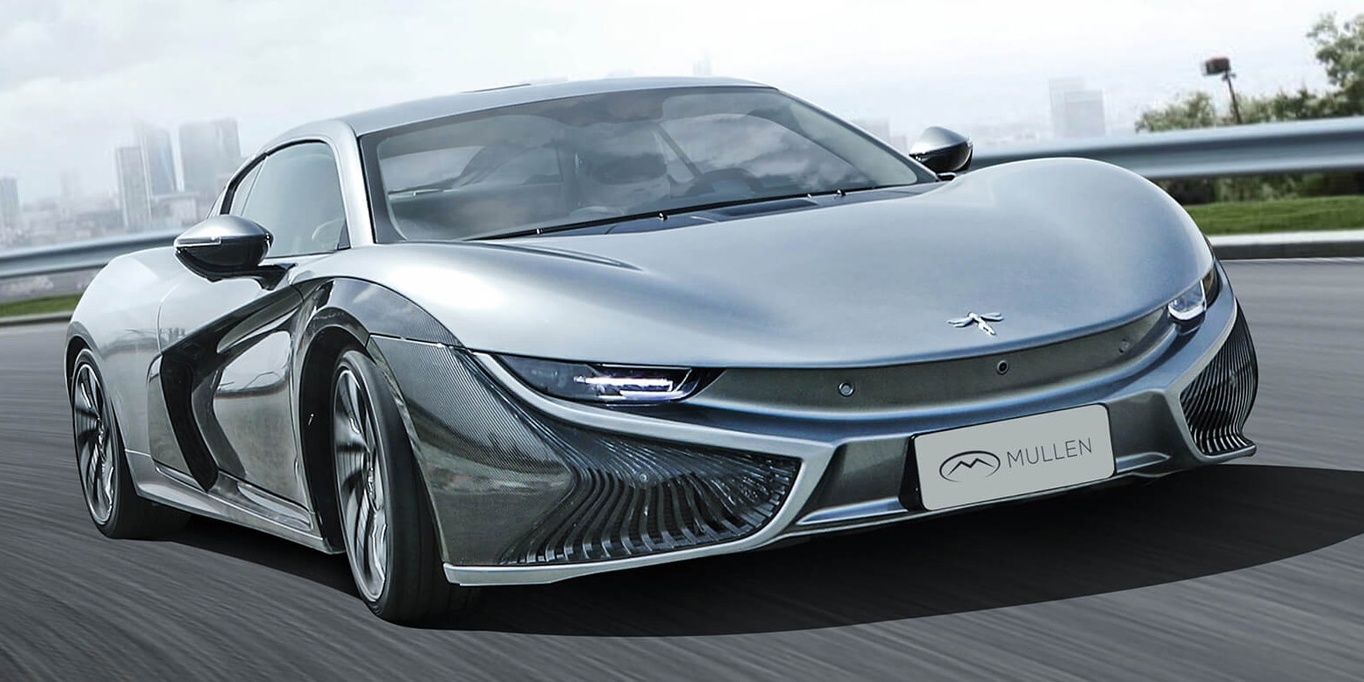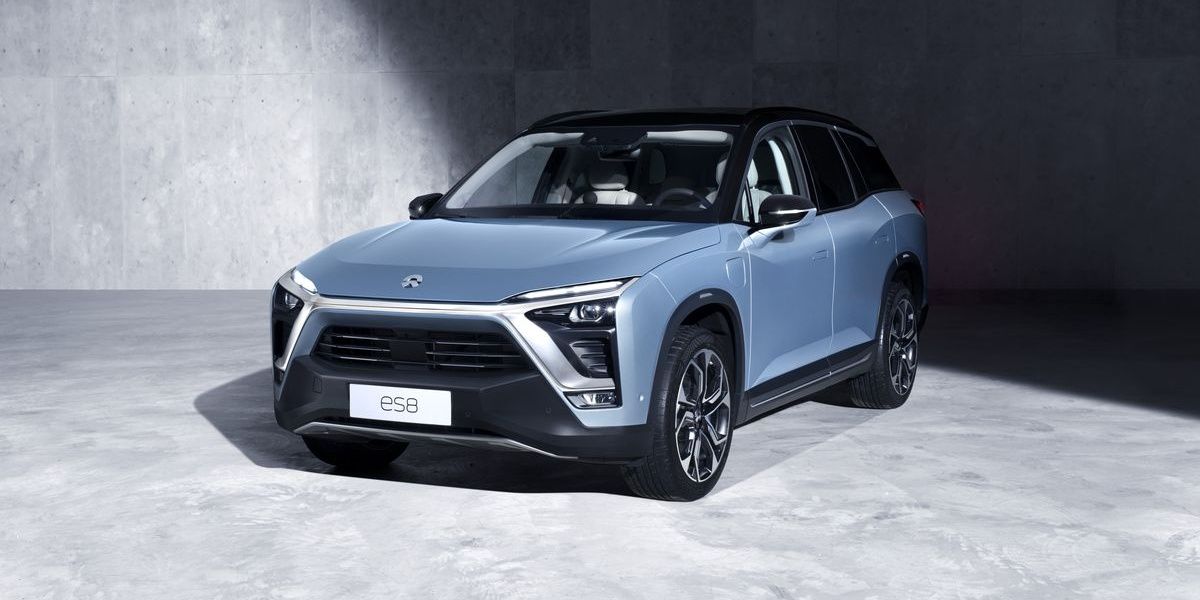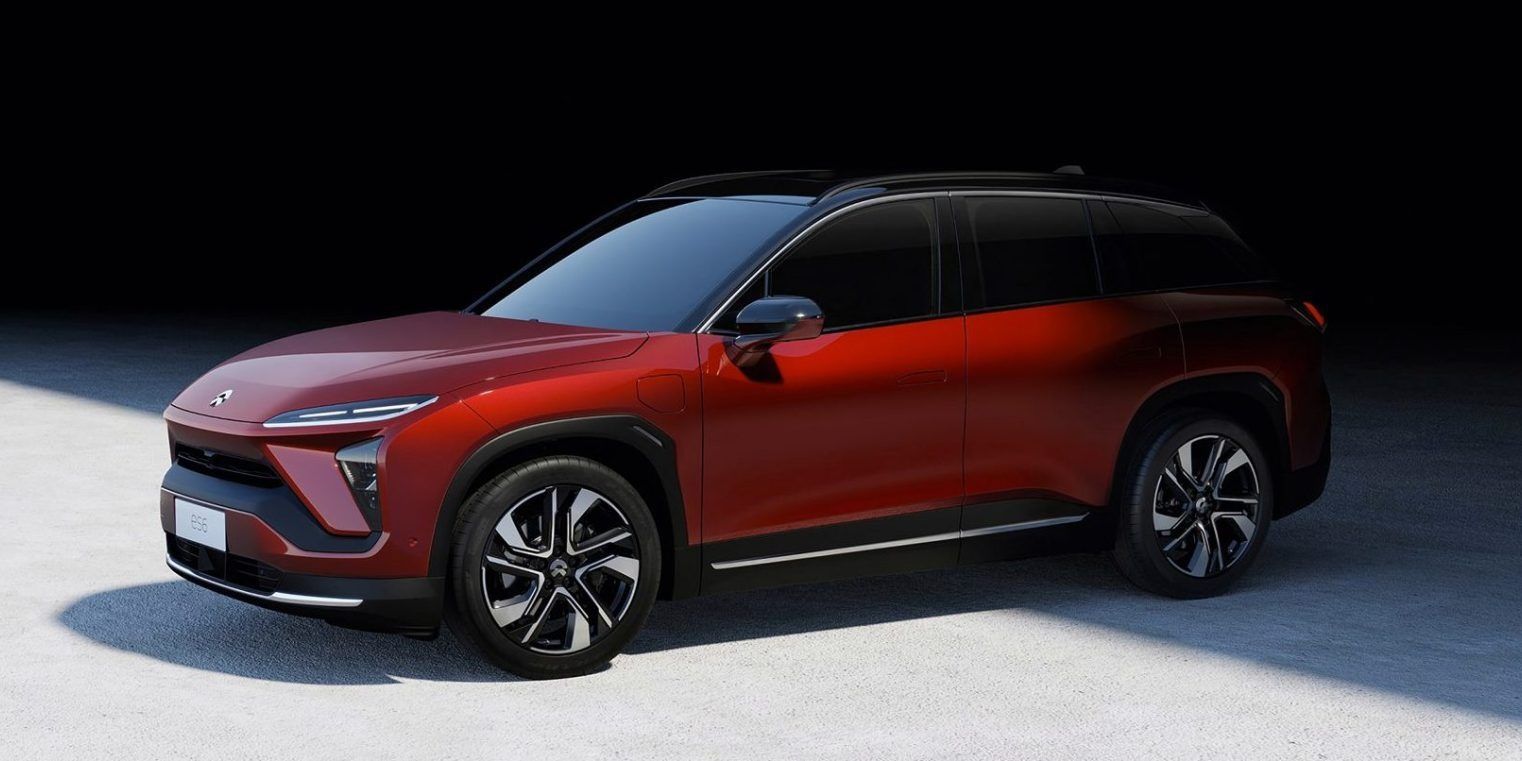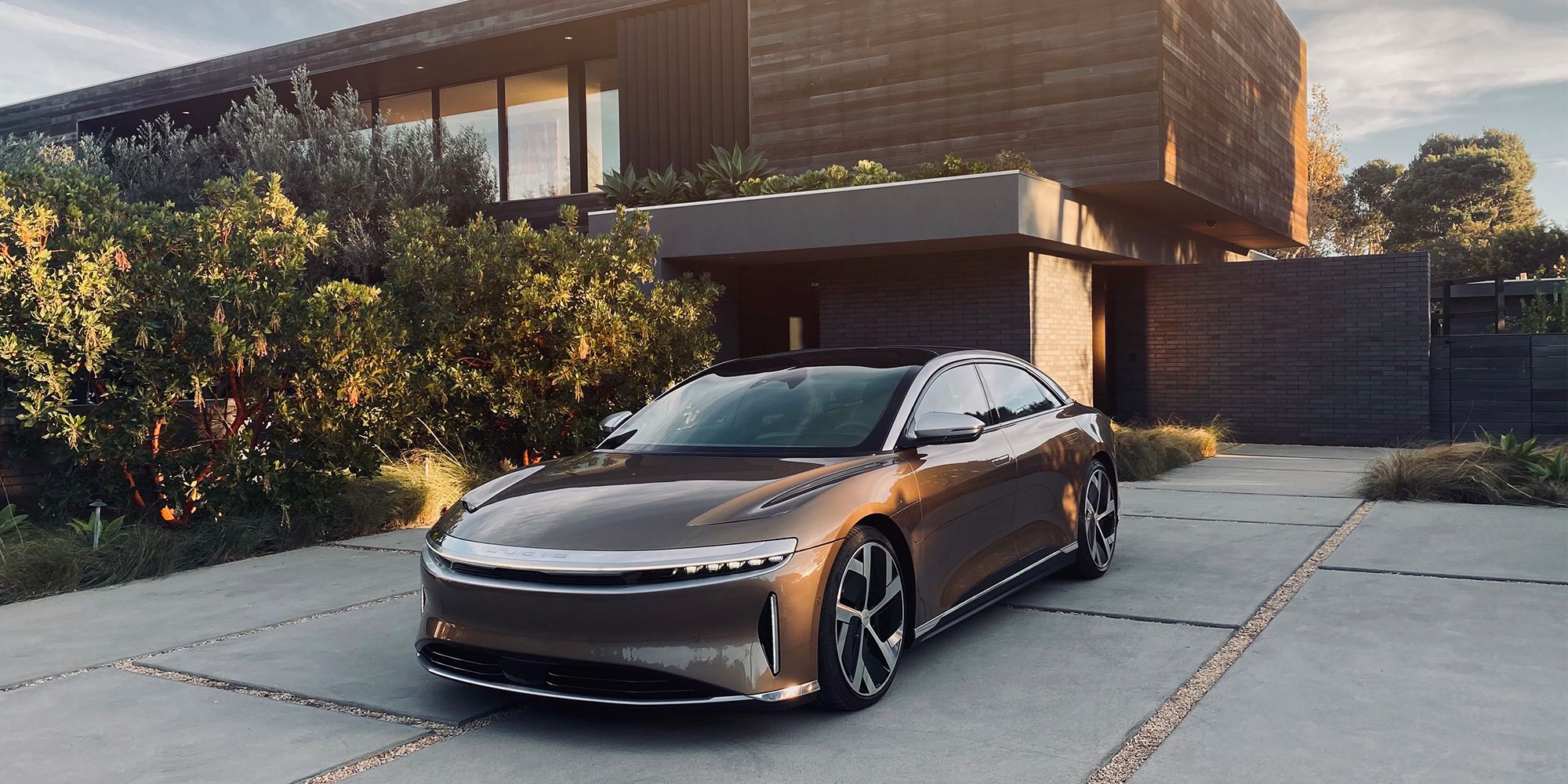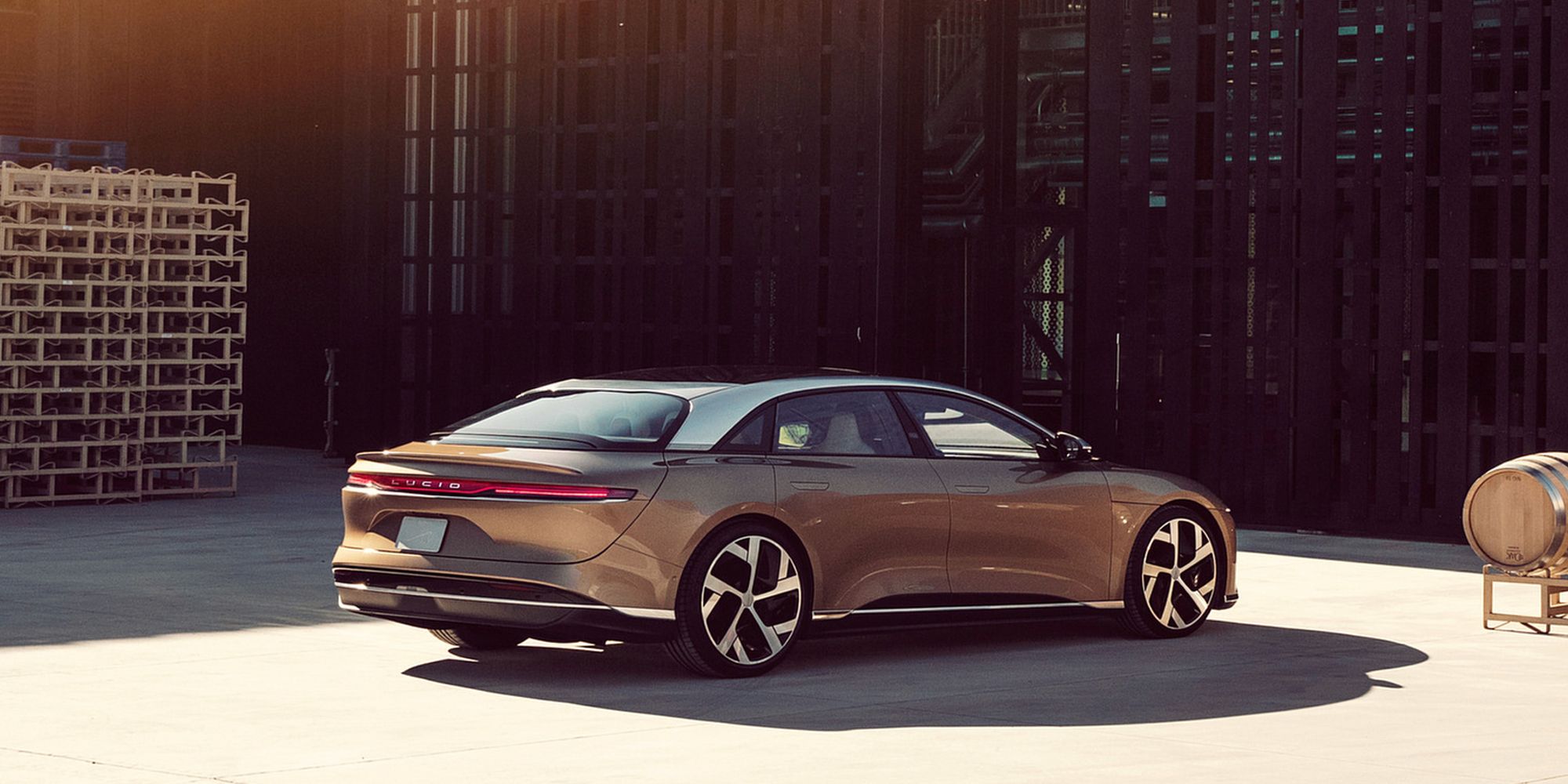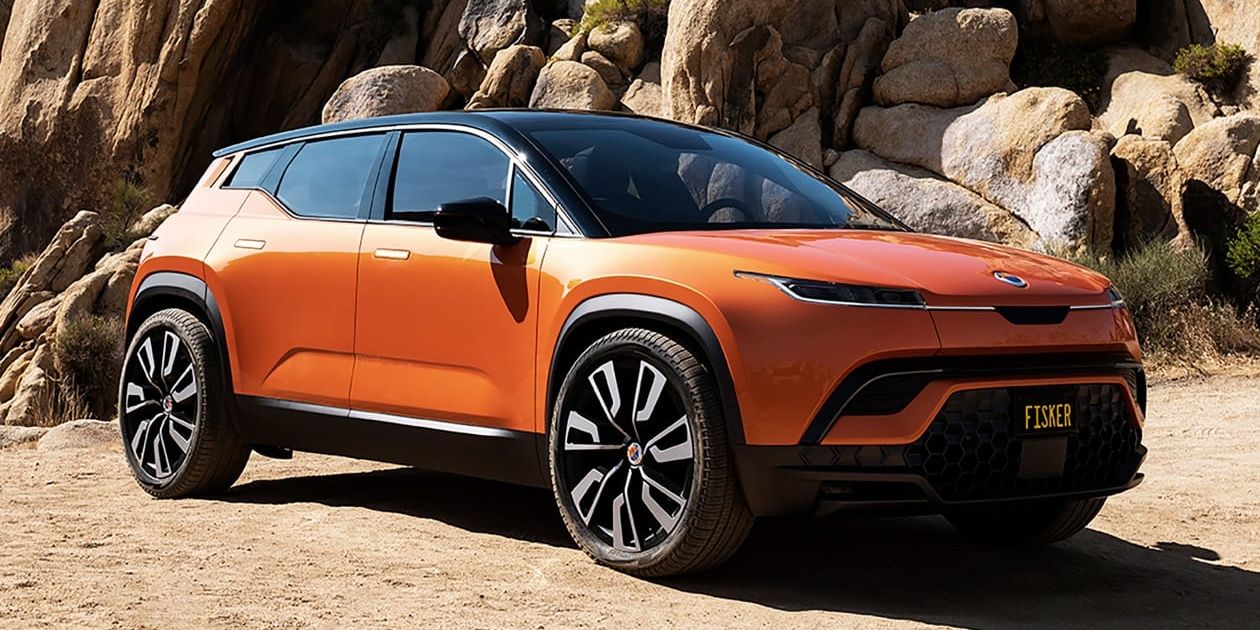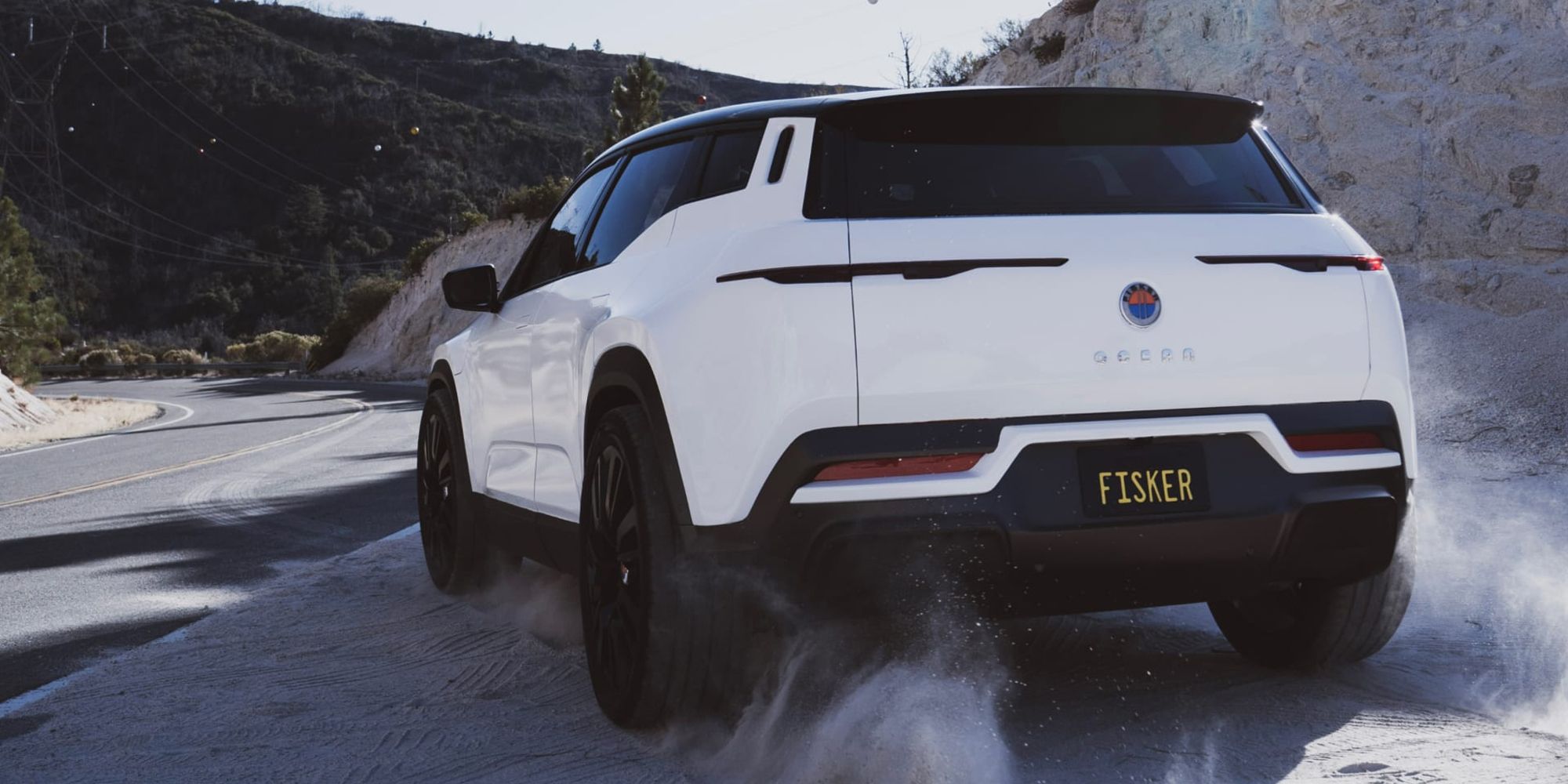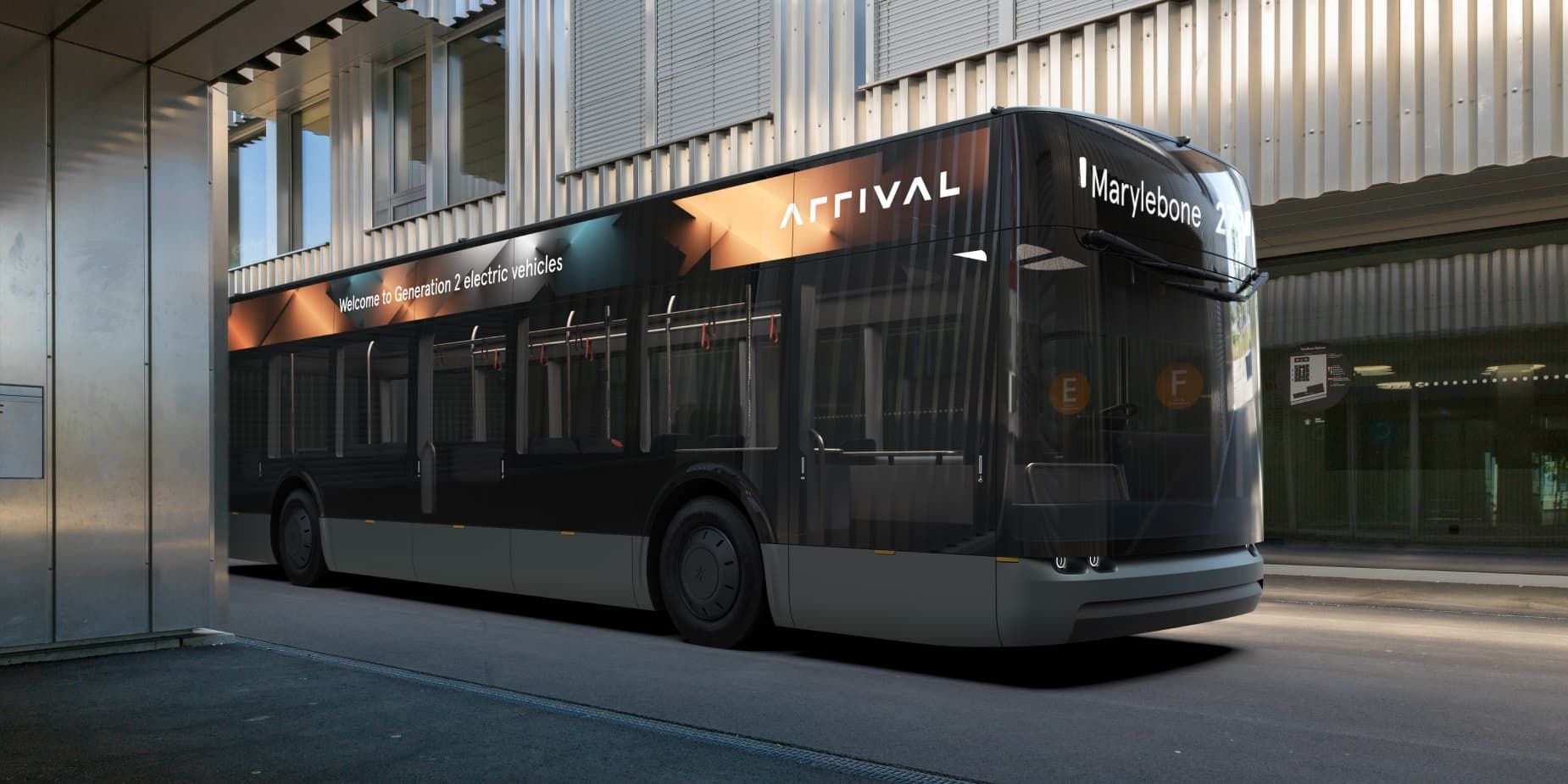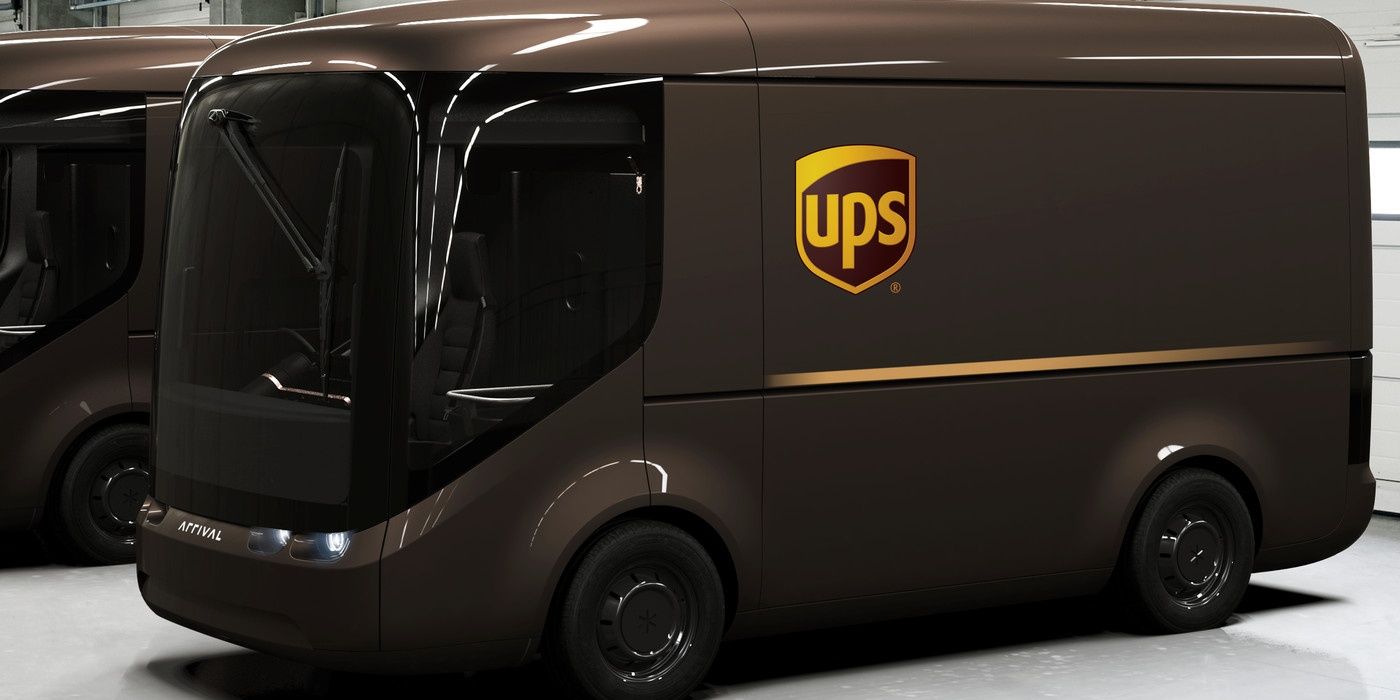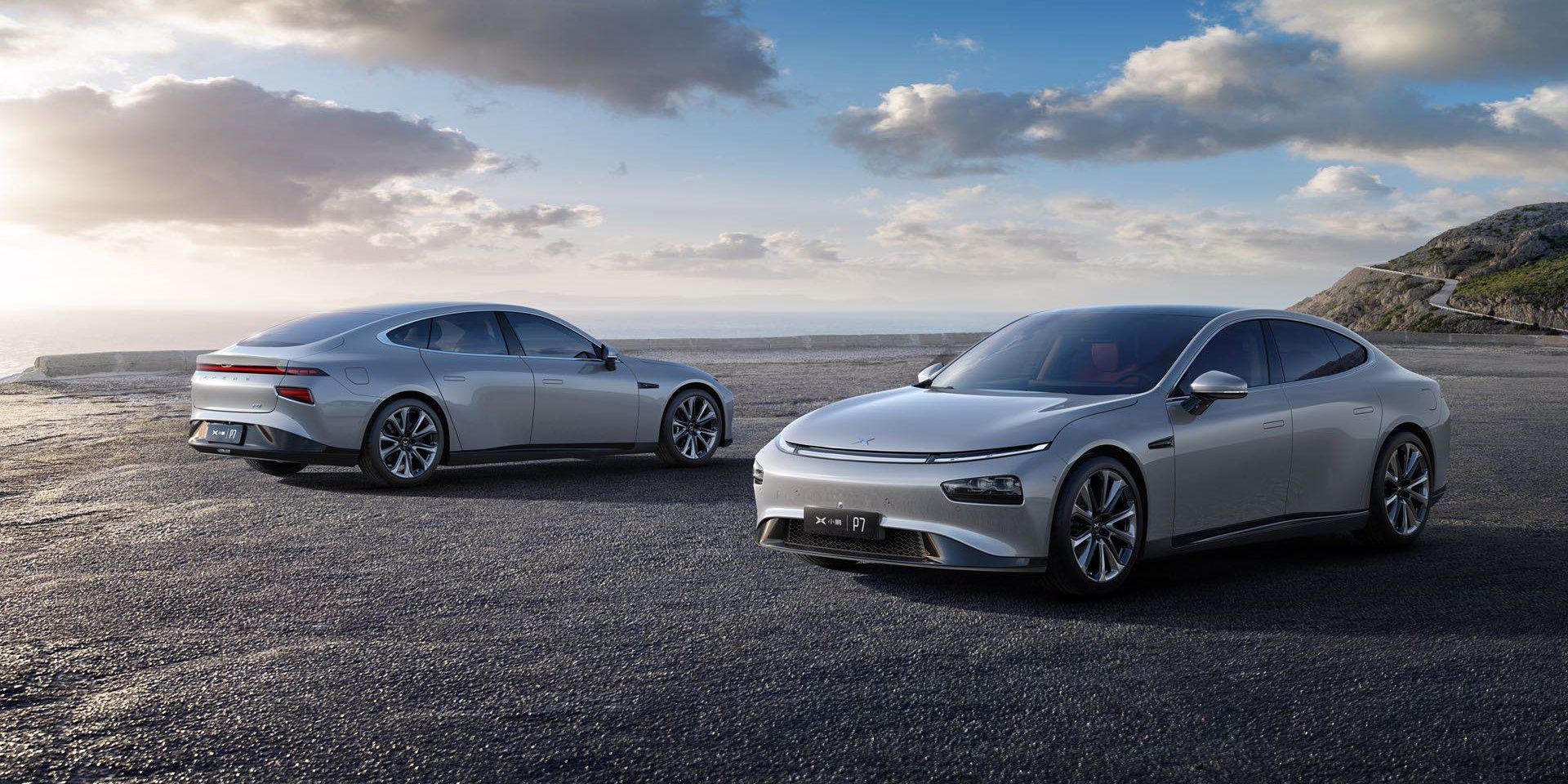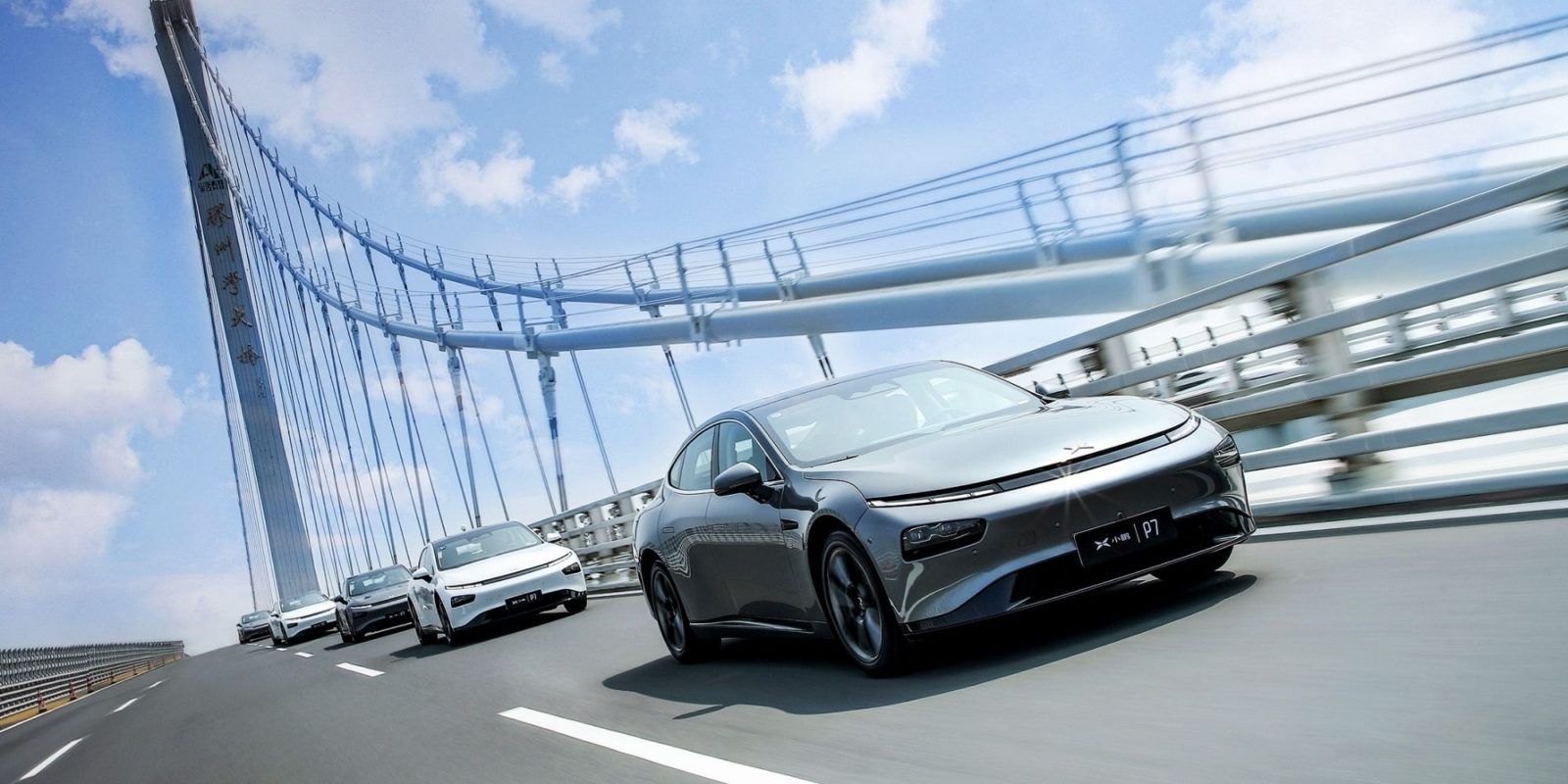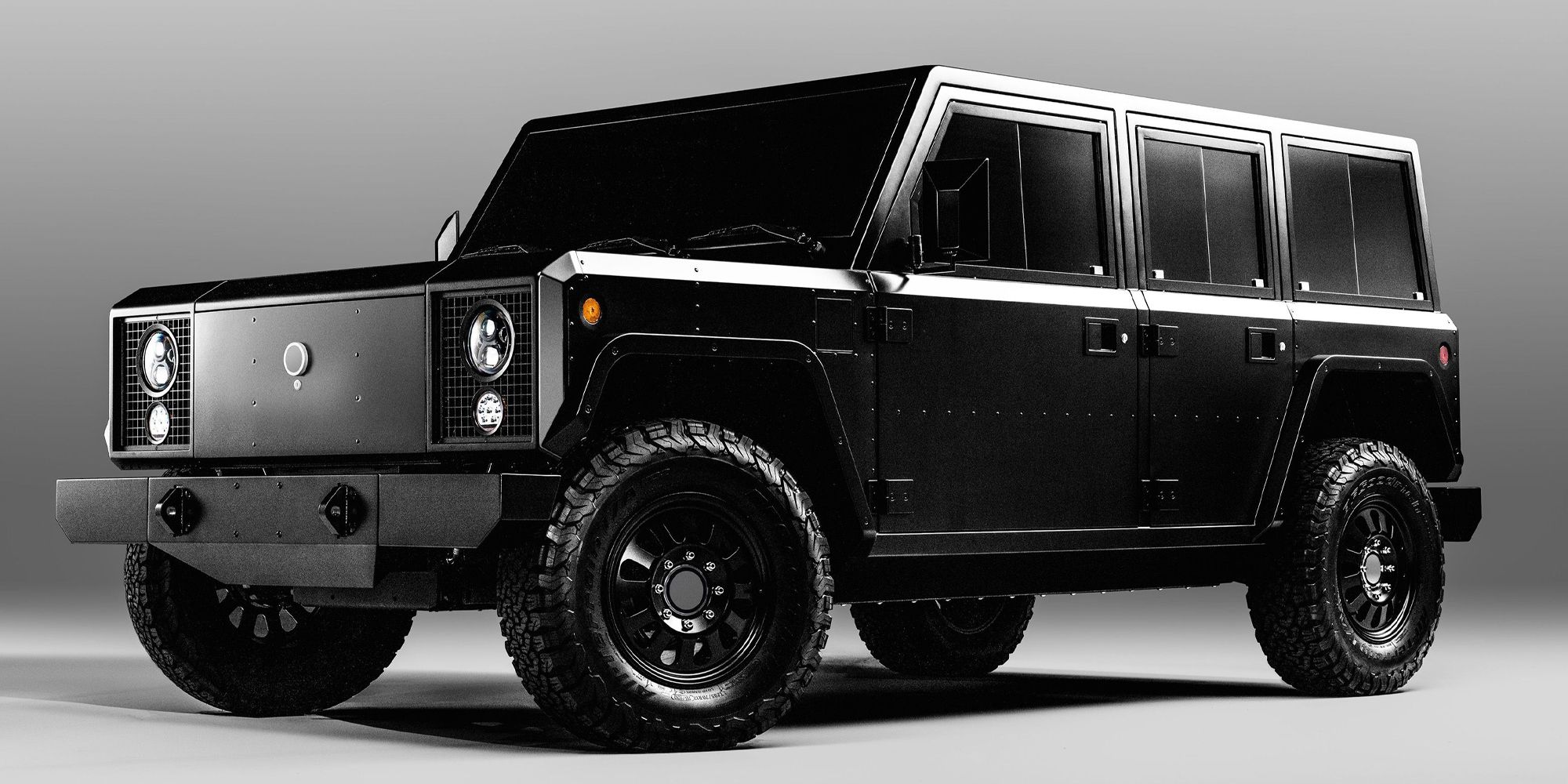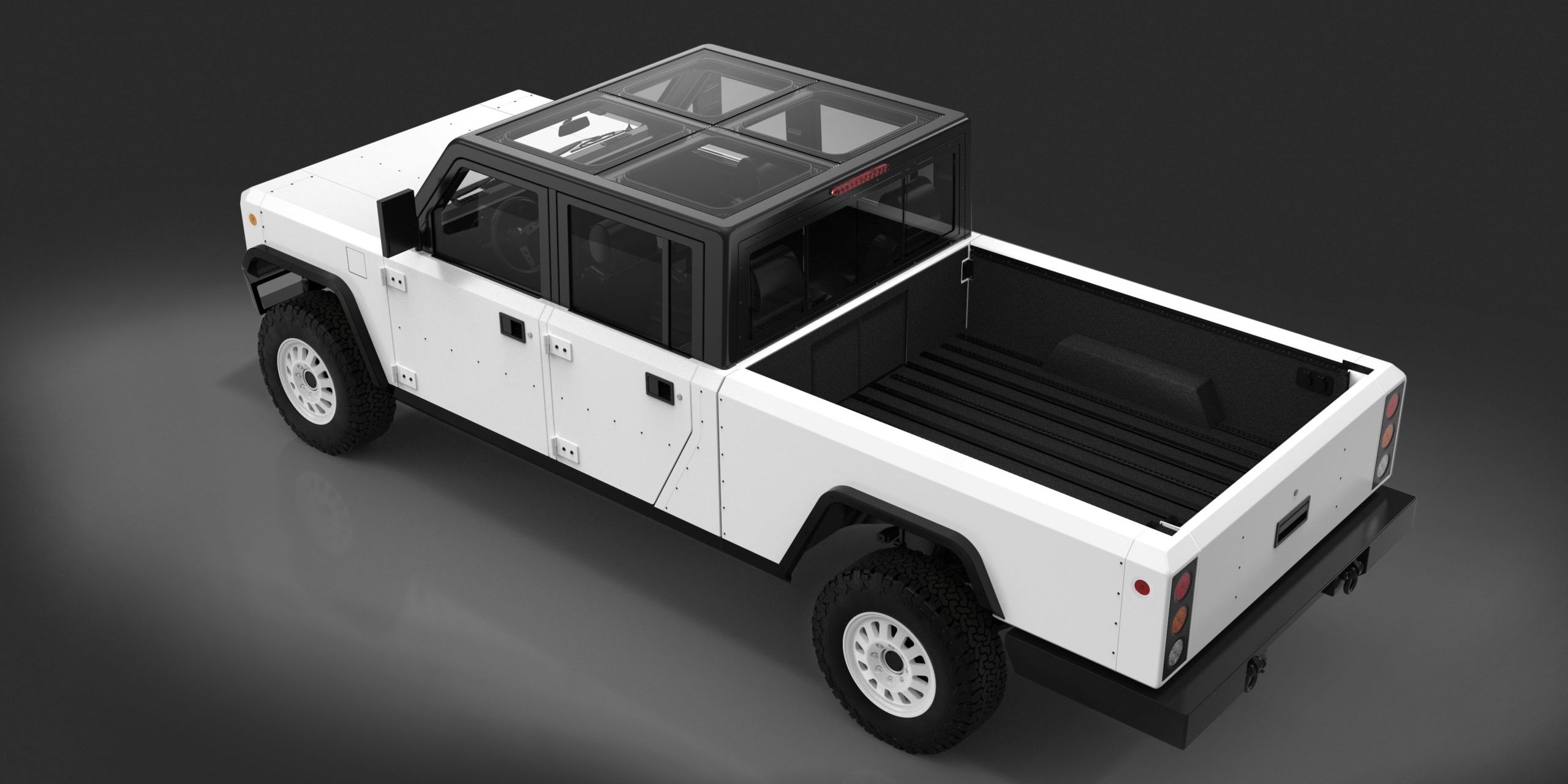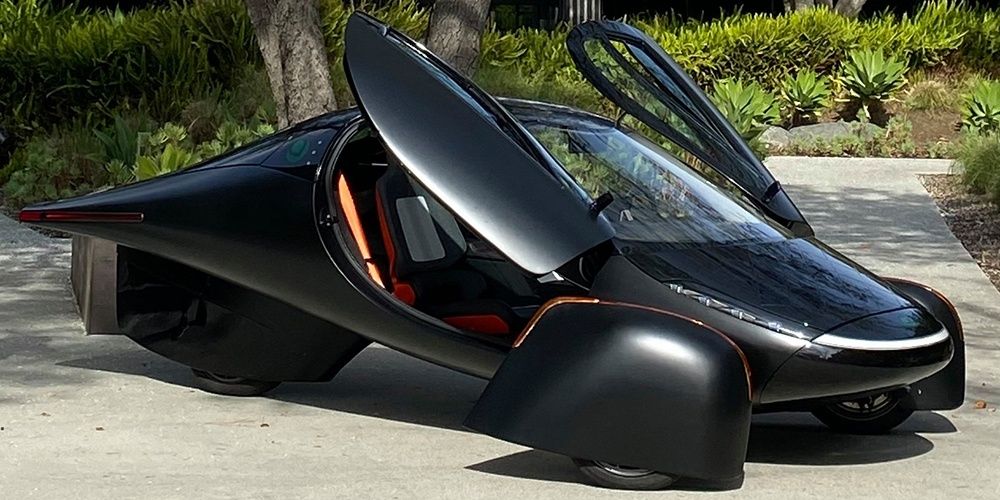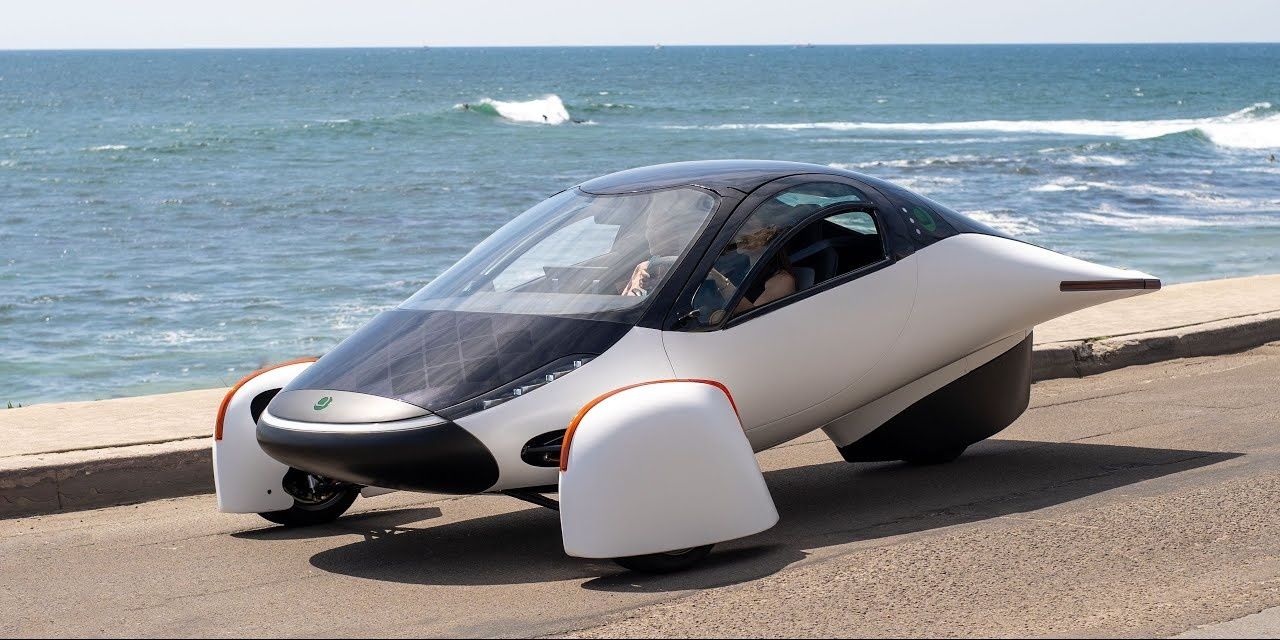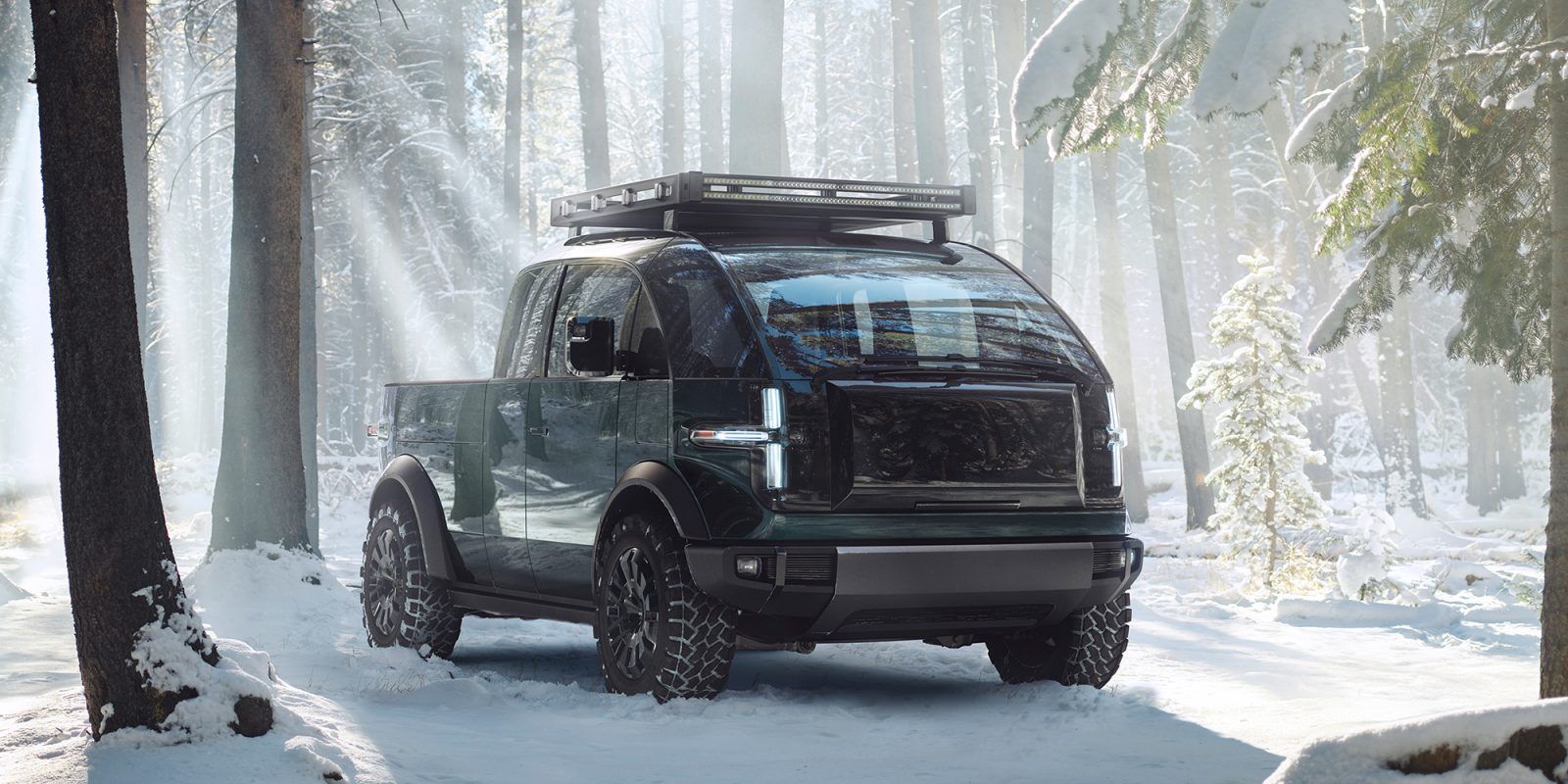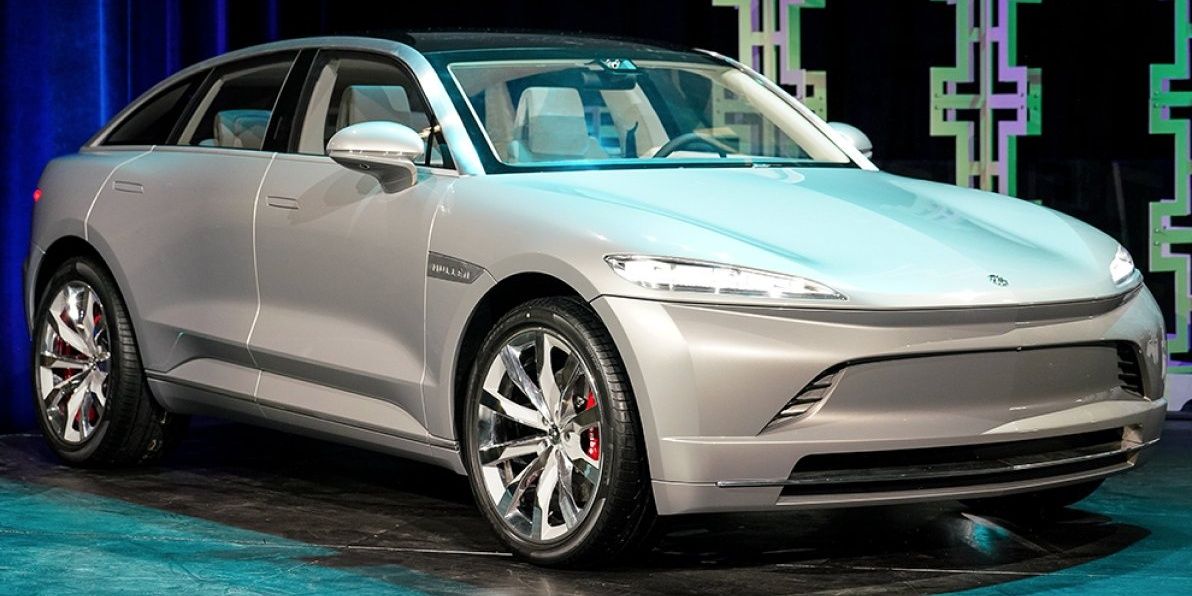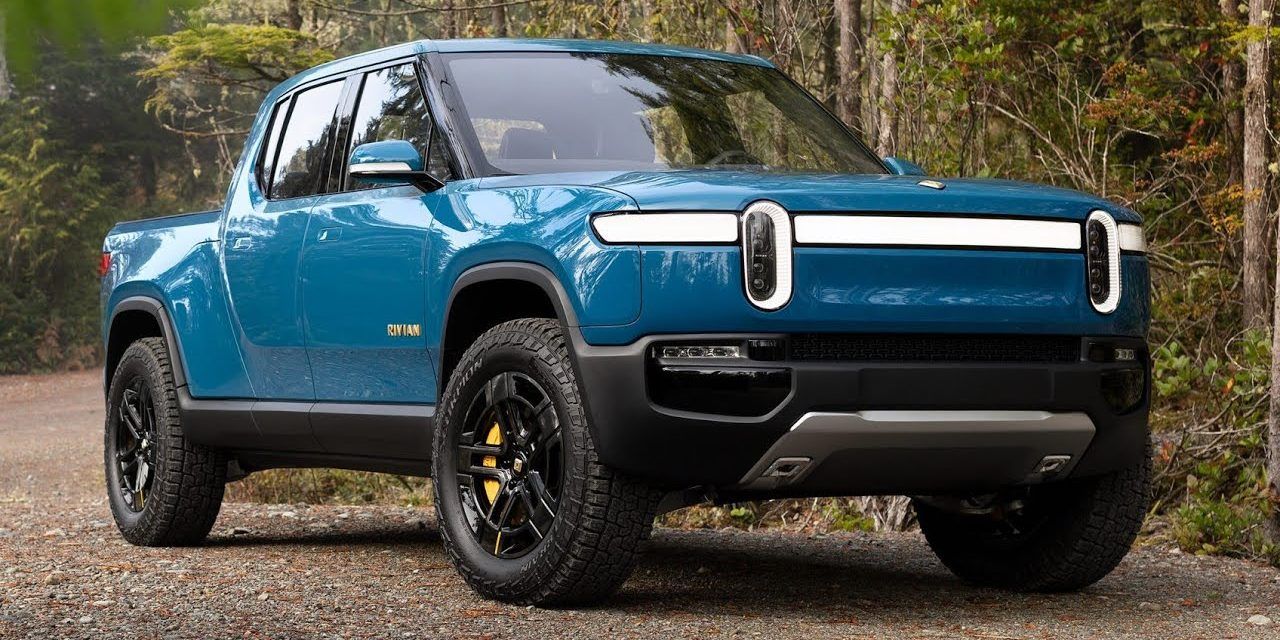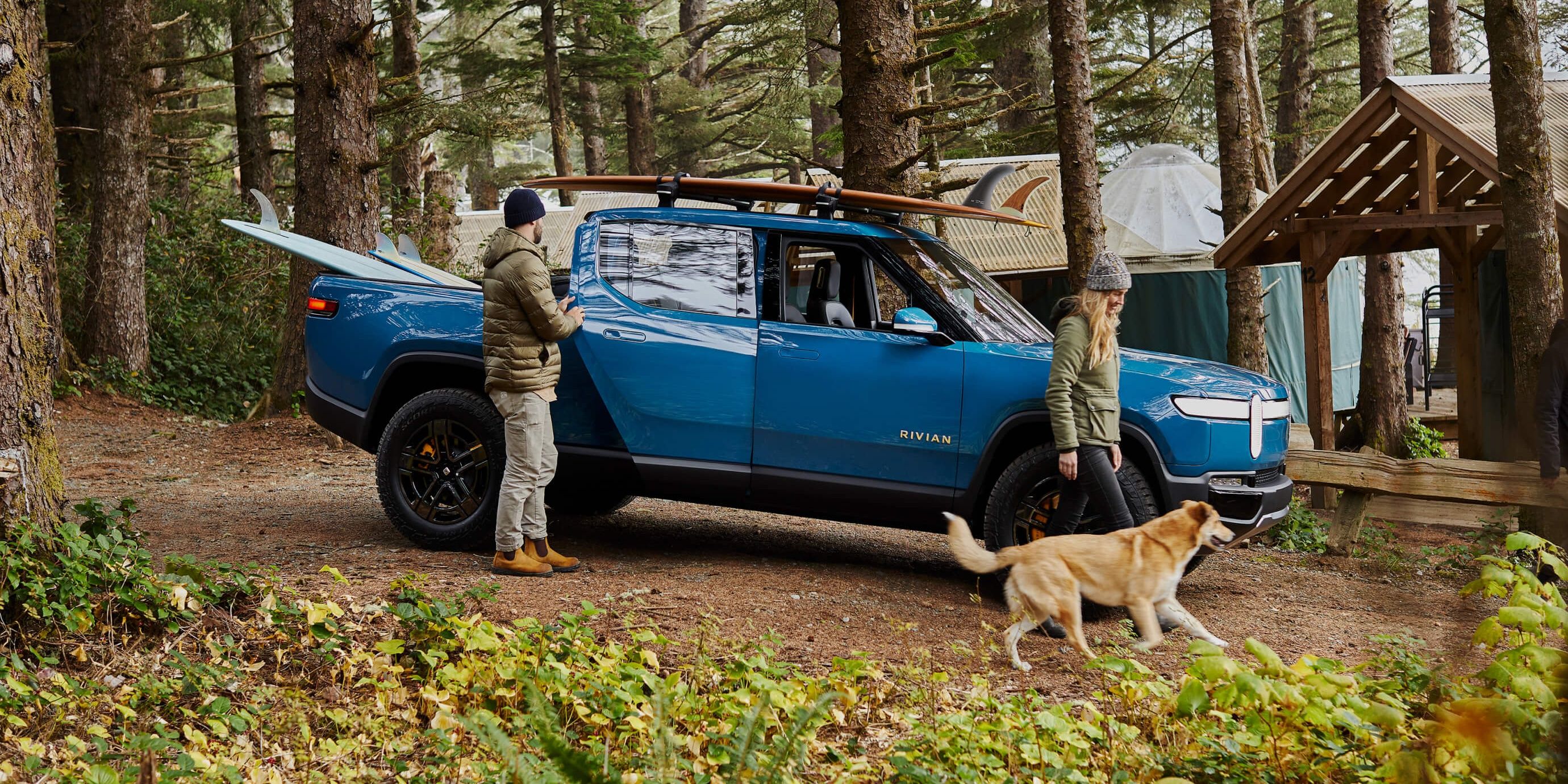2022 is shaping up to be a big year for the electric car industry in general, but even more so for EV startups. In the late 2010s, a huge wave of venture capital was poured into these startups, but tougher market conditions and the ongoing effects of the pandemic have meant that this stream of revenue has largely tailed off. So, it's more important than ever for new car companies to prove they're worth investing in if they're going to survive the next few years.
These ten startups have a lot to prove over the next year or so, but if they can achieve what they're aiming for then they all stand a chance of becoming the next big EV success, taking on Tesla at their own game. There's a huge range of different models in the pipeline for these companies, from high-end luxury sedans to workhorse pickup trucks, but they all have a lot of potential. Let's take a closer look at each of these new kids on the block and see why they're worth watching out for in 2022.
10 NIO
NIO is one of several Chinese electric vehicle startups trying to make it onto the global stage, and so far they seem to have put themselves in a good position. They have the financial backing of both private investors and public funds after listing on the New York Stock Exchange in 2018.
The company currently has five models on sale in its native China, with a focus on crossovers and SUVs. They're currently expanding into select overseas markets, with their most recent expansion being into Norway. This seems like a smart move as Norway has the biggest electric car market per capita in the world. With decisions like this, it's not unreasonable to think that NIO might start to make its way to bigger foreign markets like the US very soon.
9 Lucid Motors
Lucid Motors was one of several companies at the tail end of the 2010s that looked set to go under thanks to its shaky finances. But, it seems to have pulled things around and it's reportedly already started production on its first model, the Air Dream Edition.
This is a $170,000 high-end luxury car that's limited to 529 units, to celebrate the Air's record-breaking 529 miles of official range. It's a good start, but 2022 will see the real acid test for the company, as they'll start opening their order books for their base-level Air, a $77,400 sedan designed to compete with Tesla. To make their finances work, they'll need a lot of consumer interest, but if they can pull it off then Tesla might finally have a direct rival.
8 Fisker
The Fisker name has been banded about in the electric car world for a long time now, as the original Fisker Karma was one of the pioneering electric luxury cars. That incarnation of the company went bankrupt, but the company name was revived by investors and now aims to launch another EV for the 2023 model year.
The Ocean SUV is on paper a very competitive model, offering many of the luxuries of a Tesla but starting at just $37,499. The company currently claims the first batch of Oceans will be available in 2022, but it remains to be seen whether they can keep to that promise.
7 Arrival
Many of the top EV startups are either headquartered in California or in a major city in China, but Arrival is a little different. A British company, Arrival focuses on lightweight commercial vehicles and recently announced a partnership with ride-hailing giant Uber.
The collaboration aims to develop an all-electric cab specifically for Uber, but Arrival has other projects under development including a bus and a van too. Most EV startups tend to focus on high-end consumer vehicles in a bid to make money early on, but if Arrival can develop cost-effective electric commercial transport it might well create a whole new market of its own.
6 XPeng
Another major Chinese tech company fighting it out for market share with NIO, XPeng currently makes two models, one SUV, and one sedan. Like NIO, the company has focused on finding foreign investment, as not only does that expand its access to cash, it opens the company up to expansion into foreign markets.
Up until recently, XPeng has been focusing on building its presence in the Chinese domestic market, but it recently announced its intention to expand its presence in Europe. The company will launch in Sweden, Denmark, and the Netherlands in 2022, and its level of success there will presumably determine its ability to launch into bigger foreign markets in the future.
5 Bollinger
Bollinger is a bit of an oddity in that the actual market for their upcoming vehicles is a lot less clear than many of their rivals. The B1 SUV and B2 pickup will focus on back-to-basics ruggedness, including innovative features like a cargo opening that runs the length of the car to carry long pieces of timber.
But, with a starting price of $125,000, their trucks are way too expensive to compete in the work truck market, so it remains to be seen exactly who they're aiming to sell to. Still, they offer a completely unique product, and their first deliveries are scheduled for 2022, so there's a chance they'll be a niche hit by the end of the year.
4 Aptera
They certainly take the crown for the strangest-looking EVs set to go on sale in the next few years, but Aptera insists that their cars are more practical than their appearance might suggest. They've been around in some form for over two decades now, running out of money in 2011 before being brought back a few years ago. Their strange-looking car is covered in solar panels, and in sunnier climates, the company says it'll never need to be charged.
Those panels can supposedly add up to 40 miles of range a day, although the car's battery is good for up to 1000 miles on a full charge according to the company. Those are some very big claims from a startup that hasn't managed to prove much yet, so it's a long shot to say that the Aptera will actually be available for customers with the specs it's claimed to have. Still, if they can demonstrate their tech actually works in 2022, the company might yet be on course to change the EV game eventually.
3 Canoo
The idea of building several vehicles on one electric skateboard chassis is nothing new, but Canoo is taking things slightly further than most. As well as making a pickup and a van based on their in-house platform, they also claim on their website that the platform is independently driveable.
That opens up the possibility that Canoo could let buyers build their own custom vehicles with Canoo's skateboard base, making it viable to produce EV versions of low-volume specialist vehicles like fire engines or ambulances. So far it seems like Canoo is focusing on their consumer vehicles though, with the first deliveries of their minivan slated for a 2022 delivery.
2 Mullen
Even among the world of EV startups, the Mullen name hasn't got that much attention, but it could well be a dark horse. The California-based company previously announced it would make a US market electric sports car based on the Qiantu K50, an existing model that's been on sale for several years in China.
In November 2021, Mullen also debuted a crossover called the Five at the Los Angeles Auto Show and began accepting orders. The Five isn't scheduled to go into production until 2024, but 2022 will be a crucial year for the company to drum up interest in its two models and shore up its finances for the inevitable cash crunch come manufacturing time.
1 Rivian
Rivian has featured on these types of upcoming EV manufacturer lists for several years now, but even with their backing from Ford and Amazon, they haven't proved they're capable of making a production vehicle at scale yet. 2022 will be a make-or-break year for them, as their long-awaited R1T pickup has finally entered the production stage.
The company recently announced its long-range models have been delayed by a year and are now set to roll out in 2023, but insists its standard range pickups are still on the way in 2022. As more customers start to get their hands on their shiny new trucks, reviews will surely begin to roll in and it will become a lot clearer whether Rivian has what it takes to compete with the big guns in the EV world like Tesla.

